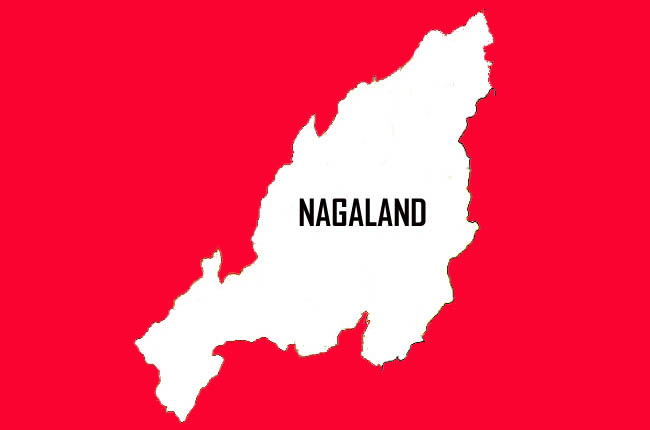The Working Committee (WC) of Naga National Political Groups (NNPGs) expressed surprise at the usage of ‘Nagaland’ instead of ‘Nagalim’ in the FA.
“If the Framework Agreement was signed under ‘Nagalim’, no response would have been necessary due to the fact that the usage of ‘Nagalim’ is confined to NSCN (IM) members alone and their interpretation would have been irrelevant.
To them “Nagaland” denotes the present geographical area of the Indian state of Nagaland. They discarded Nagaland and coined “Nagalim” in their political vocabulary to propagate a different narrative. However, suddenly on the eve of signing the Framework Agreement in 2015, they found the beautiful, blissful God given ‘Nagaland’ more profound and document worthy in place of the discomforting ‘Nagalim’,” it said.
The WC has alleged that the Framework Agreement (FA) has erased the “golden years of Naga struggle” and urged the NSCN (IM) to seek a review with GoI on the text of FA. “The question is, about whose political conflict was the Framework Agreement signed? Which leader or group has the audacity to sign on a document that states political conflict started around 1955-56,” said a statement issued by the media cell, WC NNPGs.
Stating that six decades is just a fraction of Indo-Naga political conflict and necessary correction be initiated on FA, the WC said, “A people’s political journey cannot be dismissed in such an abject manner.”
The WC also alleged that the NSCN (IM) is seeking from the GoI the permission to make Intangki National Reserve Forest and surrounding areas of Hebron camp as their resettlement and rehabilitation area as part of the Indo-Naga political solution.
On this, the WC NNPGs along with 14 tribes of Nagaland, NGBF, NTC, ENPO, CNTC and other Naga civil societies, reaffirmed that any agreement that disturb the status quo of pre-Hebron camp establishment at Intangki Reserve Forest, and any consideration of any part of the reserve forest as a bargaining chip for rehabilitation shall not be acceptable at any cost.
The traditional ownership of every Naga tribe over their ancestral land, whether Nagas in Myanmar (Burma), Nagas in Nagaland, Nagas in Manipur, Nagas in Arunachal or Nagas in Assam, on the ground, the spirit and flesh of each indigenous person inhabiting his own land settles the matter.
